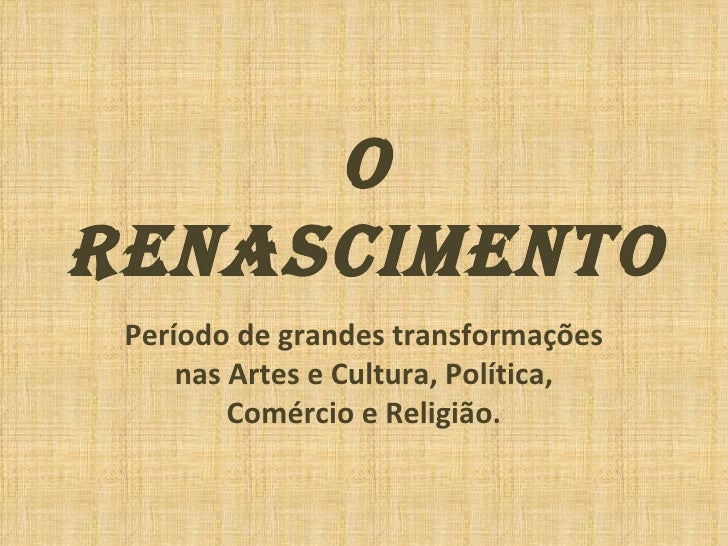

International legislation should address the receiving country cultural changes. Intercultural training should be addressed to adults and it must approach legal questions.

The right to learn should be extended to immigrant cultural maintenance it should be addressed to children and also to adults in lifelong education. The connection also enabled shared educational practices and responsibilities between the receiving and sending countries. Social networking service boosted intercultural relationships and immigrant cultural maintenance, and the expected assimilation was nearly dismissed. The internet connection and the information technologies changed the intercultural relationships, the ways to learn, and the lifelong education. The theoretical rationale was grounded in the Rudmin Model and in the work of Castro. It employed the mixed method, and it highlighted the observation technique. The research approached how Portuguese emigrants learned on a social networking service Facebook. Many future research projects are proposed, including studies of rural-urban migration in China and development of single-case measures of acculturative competence. Rudmin (2006) has argued that academics’ shared liberal ideology causes collective confirmation bias to find evidence favoring bicultural integration.

Critiques of acculturation research are of three types: 1) advocating for qualitative methods because culture, identity, and human experience are too complex for psychometric methods 2) recommending new models and new forms of quantitative analysis and 3) faulting research for not meeting normal science standards. Critics note that acculturation-health research has little utility. Shadows of this biased conceptualization persist despite the acceleration from a few acculturation studies per year in the 1920s to the current rate of 6000 studies per decade. Historical antiquity suggests that acculturation is regulated by law modern history shows acculturation research has colonialist, Eurocentric origins. Howeverm acculturation research suffers from lack of historical contexts. Dictionaries concur that “acculturation” means second-culture acquisition.


 0 kommentar(er)
0 kommentar(er)
